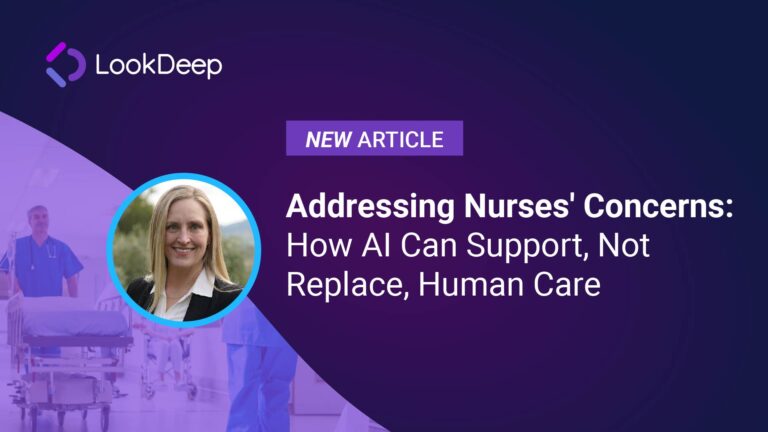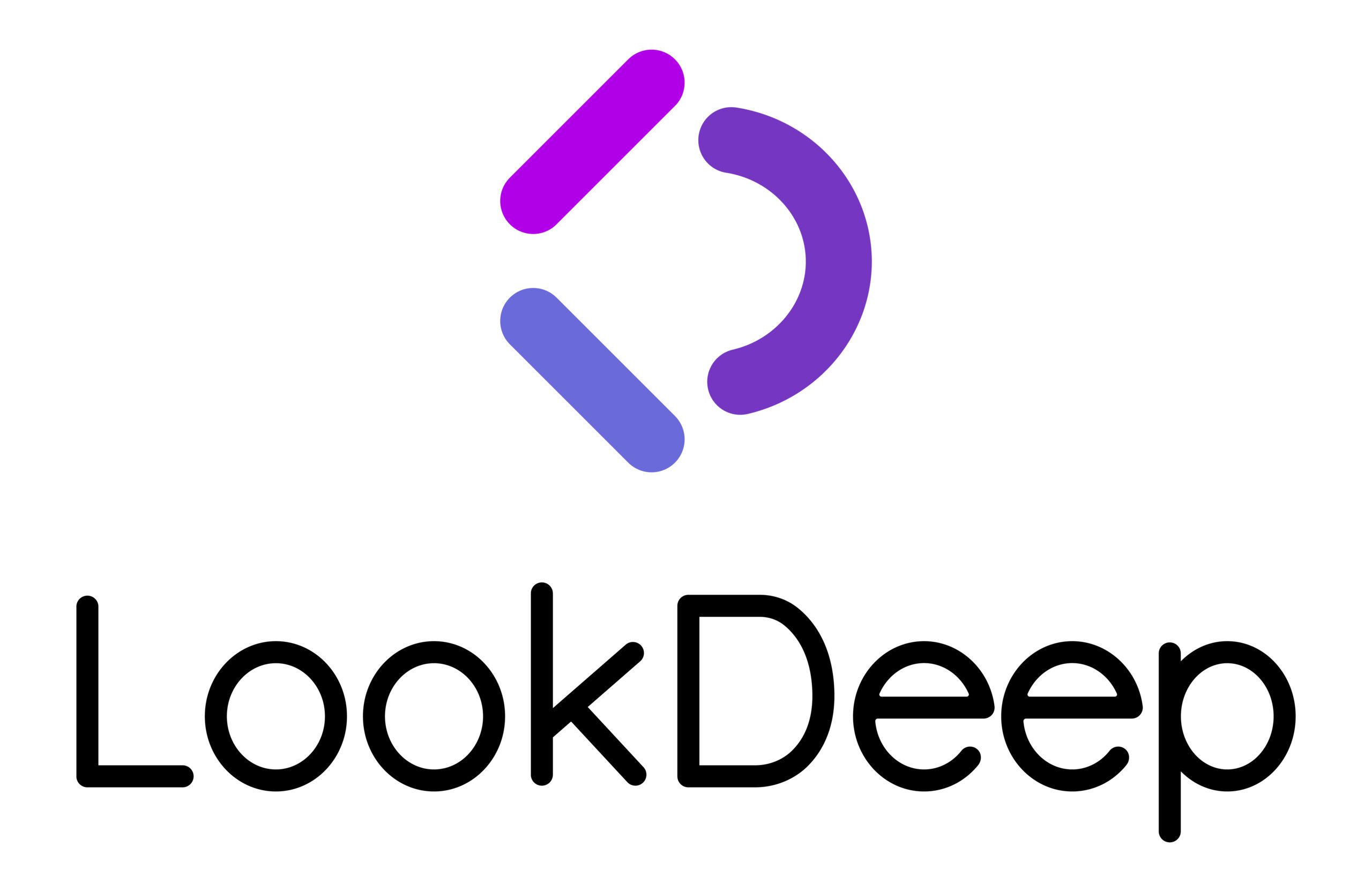In response to a recent article highlighting nurses’ concerns about AI, I wanted to highlight how AI can be thoughtfully integrated into healthcare to assist, rather than replace, nurses—ensuring that patient care remains the top priority.
Hospitals are facing increasing challenges due to rising patient acuity and staffing shortages. The healthcare industry’s future is shaped by these pressing issues, and Artificial Intelligence (AI) is seen as a tool that could significantly ease the burden. However, a recent report highlights that nearly 25% of nurses are uncomfortable with AI in healthcare (McKinsey & Co. report). The main concerns revolve around the accuracy of AI (61%), the lack of human interaction (49%), and the limited knowledge of how to use these tools (36%).
Addressing These Concerns Head-on is Vital
AI has immense potential to complement nurses’ expertise, but it must be implemented thoughtfully. As the primary caregivers, nurses should be involved from the start—both in developing AI tools and seeing how they directly improve care. Involving nurses in AI deployment and education will help demystify the technology, making it a support tool rather than a threat.
Nurses are under immense pressure to balance patient care with administrative duties. Unfortunately, not all technology has been helpful, and some tools have even created barriers between nurses and their patients. It’s understandable, then, that many nurses are cautious about AI’s role in healthcare. A common misconception is that AI will replace nurses, but in reality, AI is designed to assist, not take over. By handling repetitive tasks like documentation, AI allows nurses to spend more time where it matters most—caring for their patients.
A simple way to understand AI’s value is to compare it to a co-pilot. Much like how airplane co-pilots assist in navigation, AI can nudge nurses toward important tasks, such as noticing changes in a patient’s condition or preventing potential risks like pressure injuries. For example, VisionAI, a computer vision-based AI, monitors patient movement through video, like an invisible wearable. This technology allows nurses to check on patients without physically being in the room, offering insights like how much a patient has moved during the night or whether they’re at risk of falling.
AI as a Nursing Co-Pilot
AI can assist nurses by keeping track of subtle changes in patient behavior. VisionAI, for instance, could automatically monitor patient movements (or lack of movement) and alert nurses to any significant changes, allowing them to act before minor issues escalate into serious concerns. It’s not about taking over care—it’s about making nurses’ work more efficient and ensuring patients get the attention they need when they need it.
The COVID-19 pandemic showed the power of video devices in healthcare. While originally introduced for remote patient monitoring, the use of AI-powered video has grown rapidly, with hospitals seeing the benefit of having “virtual eyes” in every patient room. Imagine a system that tracks movement trends and automatically updates charts—giving nurses time back to focus on human interaction. This is where AI can make a real, meaningful difference in healthcare.
By partnering with nurses and thoughtfully integrating AI into workflows, the healthcare system can move from reactive to proactive care, improving both patient outcomes and nurse satisfaction.
Trust is Key
To rebuild trust in AI, nurses need to see it as a reliable tool. Not all AI is created equal—some are better than others. Peer-reviewed studies and real-world data are essential to validate its effectiveness. The more nurses see AI helping them, the more likely they are to trust it. This trust-building process is crucial for widespread adoption and success.
Finally, as hospitals explore virtual nursing and AI integration, it’s clear that AI won’t replace human caregivers—it will augment their capabilities. Nurses will always be at the center of patient care. When properly integrated, AI can serve as a valuable assistant, helping nurses prioritize their time and deliver higher-quality care. With the right approach, AI can be the key to addressing healthcare’s future challenges.


